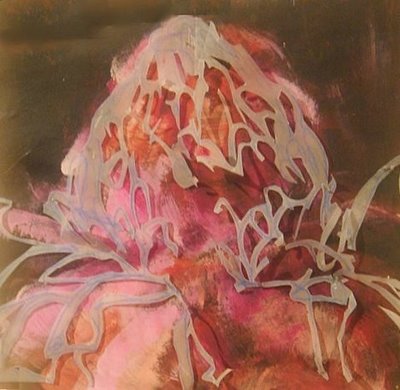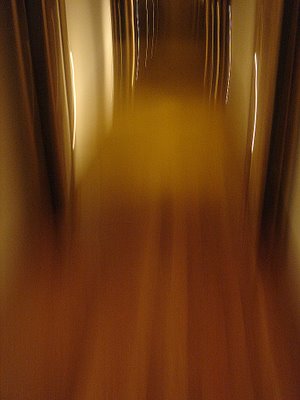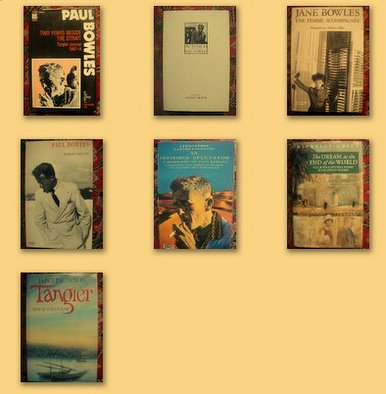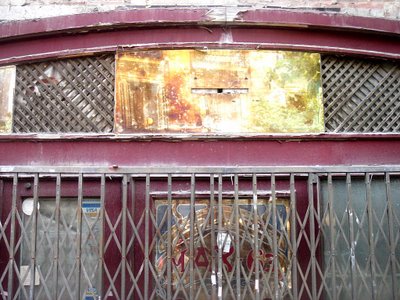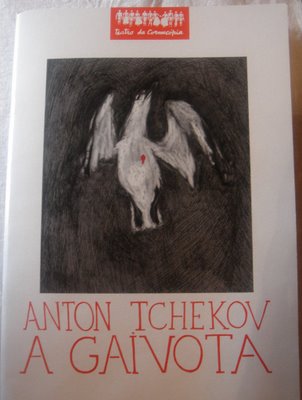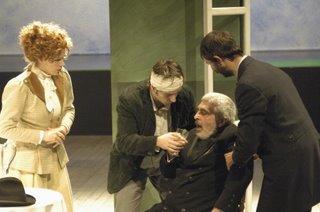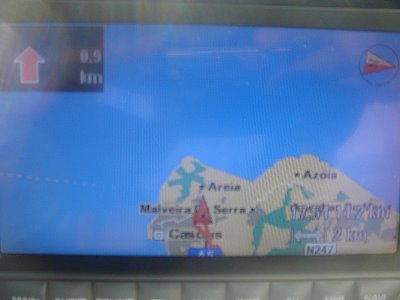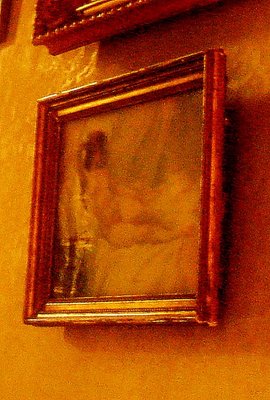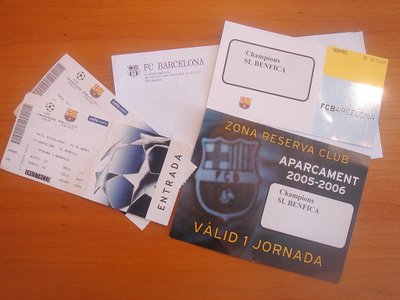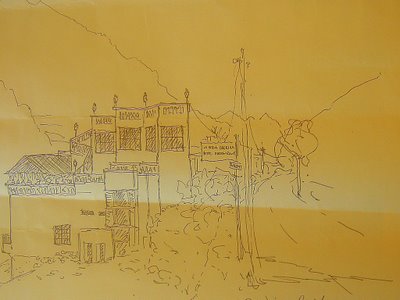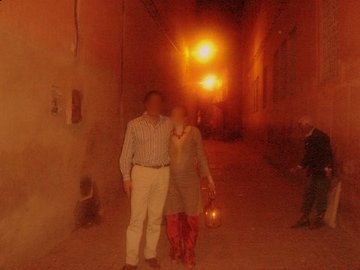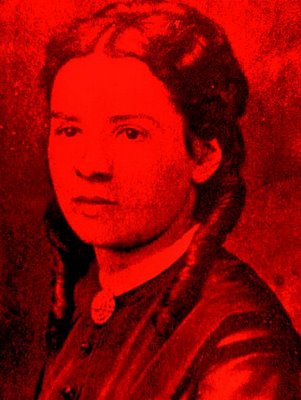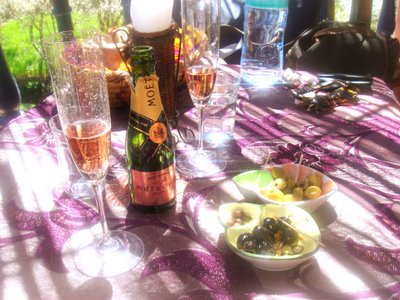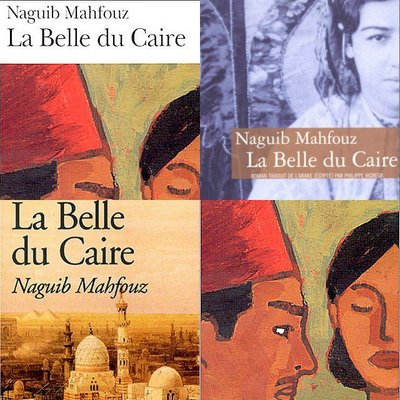X Duquesa de Berwick, X Duquesa de Liria, X Duquesa de Jérica, III Duquesa de Arjona; Marquesa XVI El Carpio, XVIII de Coria, XIV de Eliache, XX de la Mota, XVII de San Leonardo, XIX de Sarria, XVII de Villanueva del Río, XI de Tarazona, XX de Villanueva del Fresno, XX de Barcarrota, XVII de la Algaba, XI Marquesa de Osera, XI de Moya, IX de Almenara, XVIII de Mirallo, XVII de Valdunquillo, XVII Marquesa de Oraní; Condesa XIX de Andrade, XVII Aranda, XVI Ayala, XIV Casarrubios del Monte, XIV Fuentes de Valdepero, XI de Fuentidueña, XVII de Galve, XVIII de los Gelves, XXII de Lemos, XVIII de Lerín, XIX Miranda del Castañar, XVII Monterrey, XX Osorno, XVIII de Palma del Río, XXIV Ribadeo, XXIII de San Esteban de Gormaz, XI de Santa Cruz de la Sierra, XX de Villalba, 11th Earl of Tinmouth, XI Vizcondesa de la Calzada, 11th Baron of Bosworth; Condesa-duquesa de Olivares, XVIII Condestablesa de Navarra, Condestablesa de Aragón, Mariscala de Castilla, 20 veces Grande de España

Goya's portrait of Cayetana, Duchess of Alba (upper right square)
Thanks to the special intervention of Ambassadorial powers this blogger of yours has found himself on a pleasant Friday morning strolling in the driveway of an imposing English-style garden at the heart of Madrid, about to enter the palatial home of the Duchess of Alba. When one knows that it can take up to two years to be able to be one of the weekly privileged few who ever visit the Palacio de Liria, is it not about time that the Right Honourable Reader aknowledges what this blogger of yours has been achieving on His behalf? I thought so, too.
What can one say after being exposed to a truly Ancien Régime ducal private house?.. No NationalTrust-like museumification of a grand estate here... No second division Old Masters but the real thing - Ticianos, Rubens, Rembrandts, Velazquez, Goyas..even a Fra Angelico, for goodness' sake!.. no curios or hispanorama in the Library but real historicallly over-the-top documents such as the log-book of Cristóvão/Cristobal Colombo/Colon with a handwritten sketch of La Hispaniola (better known as Santo Domingo) on that very 5th December 1492 it was discovered (and with it America)..
Personally, I enjoyed in particular a letter by the (1st) Duke of Wellington, dated 1809, and written in French (!), stating that he did not believe that either Soult or Ney would be invading Portugal but even if so, Beresford and the Portuguese armies would stand in their way...
I must confess my ignorance but I had no idea that the bombardment of Madrid by Franco's airforce had included the Palacio de Liria as one of its (surely un-deliberate?) targets ... Heroics were performed at the time to save from the fire those uber-valuable art objects... Do my children have the slightest idea that things like these did "really" happened in the Madrid they are now familiar with?... I'll have to check...

